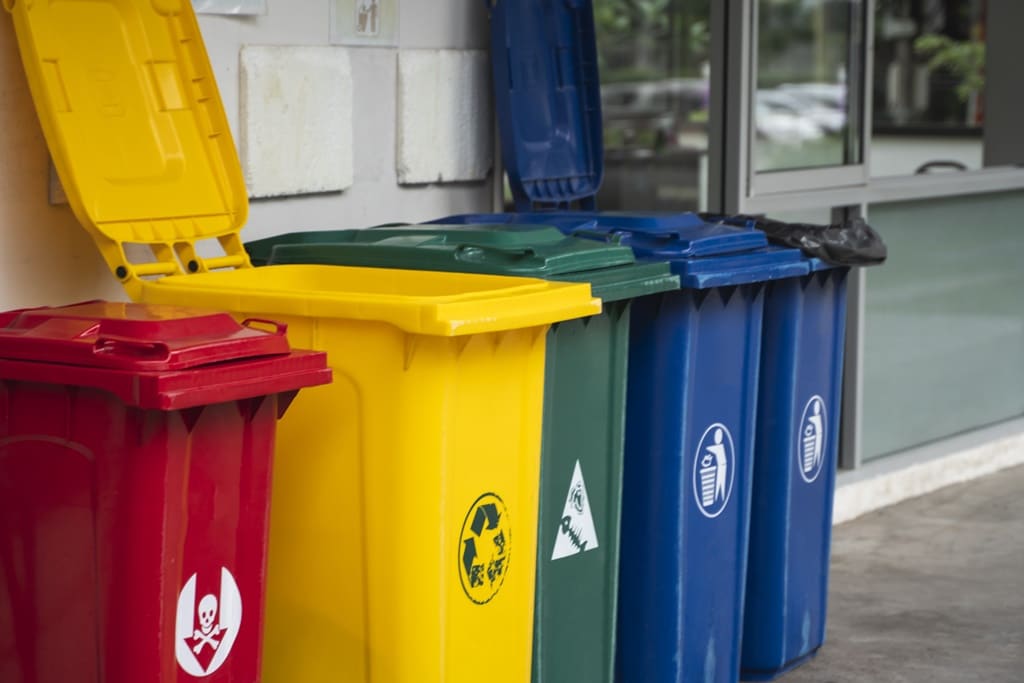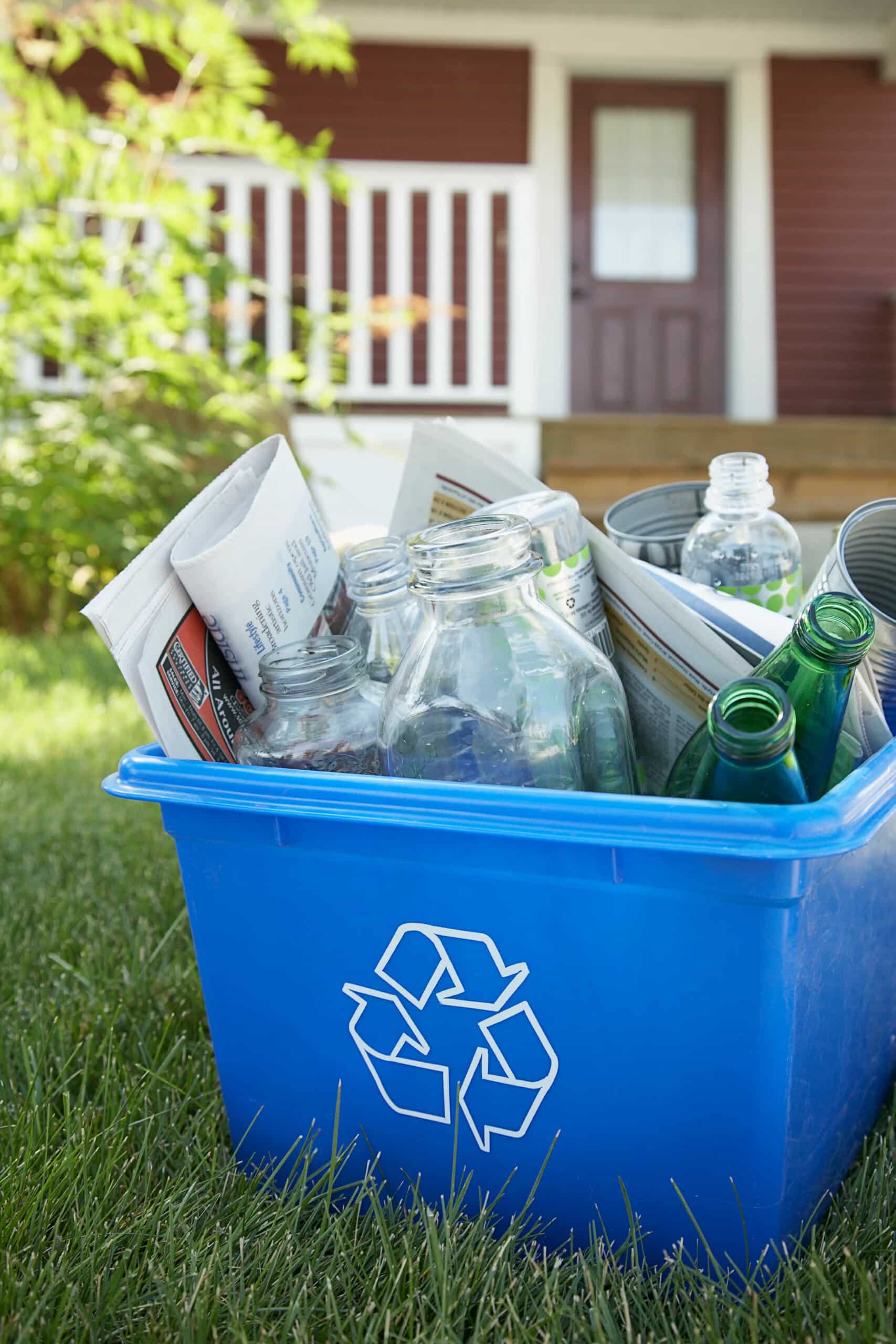As waste disposal requirements expand and change, and regulations become more restrictive, costs also continue to grow not just for businesses, but also for the average person. According to the Environmental Protection Agency, a typical household spends around USD$1,000 every year on waste disposal.
Waste removal, indeed, costs money, but you also don’t have to pay so much. Here are eight ways to save money when you’re getting rid of household waste:
Choose A Cost-Effective Provider
Most people think that they don’t have a choice when it comes to waste removal providers. However, providers with competitive market pricing are growing and becoming more accessible across the country. There are even junk removal providers, like https://easydonationpickup.com/blog/free-junk-removal-services/, that offer their services for free, depending on the type of waste.
Don’t settle; instead, do your research as you may get better prices from local or regional providers. If your municipality offers household waste removal services through a contract with one supplier, compare their prices to an independent provider. More often than not, you’ll find that these private haulers can deliver the same services for much less.
Right-Size Your Containers
If you’re renting dumpsters, trash bins, or containers, think about whether your costs match your output. Are you paying for more space than what you actually need? If they’re only half-full by the time your pick-up schedule rolls around, consider downsizing. Conversely, if they’re usually overflowing, it might be best to get bigger ones. After all, pick-up fees for the excess are usually more expensive than just getting bigger dumpsters and bins.
Adjust Your Pick-Up Schedule

Another way to deal with dumpsters and bins that still aren’t full when they’re due to be collected is to change your pick-up schedule. Ask your provider if it’s possible to arrange fewer pick-ups every month. You’re bound to save a lot more money when you optimize your schedule with the capacity of your dumpsters and bins.
Determine The Best Disposal Method
Waste disposal depends on several factors, including the following:
- Your provider’s policies
- The location of the dump or disposal site
- Local, state, and federal regulations
- The type of waste (i.e., hazardous or non-hazardous, solid or liquid)
Not all types of waste have to go directly into your garbage bin. Some of them you can compost or recycle. Others, such as old, but still functional furniture and appliances, you can donate to a local charity or sell online. By segregating your household wastes depending on the most cost-effective disposal method, you can reduce your removal expenses and even earn extra money.
Check For Hidden Costs
The details you don’t understand or often ignore can add up over time. Here are some examples of hidden costs that you may be unwittingly paying for:
- The provider may pass on the franchise fees for their use of the city streets to their customers.
- The provider may also charge you labor costs for using their key to unlock your dumpster when you’re not around during pick-ups.
- Are you paying for a more comprehensive contract than what you actually need? For example, you may be paying for treatment facility costs when most of your waste goes right into the nearest landfill.
Check your contract to determine whether you’re supposed to pay for these fees or if they’re separate items that the provider just tacked on without informing you.
Expand Your Recycling Efforts
According to Greenpeace, 46% of the waste found in landfills is recyclable. Municipal garbage, for example, contains 26% paper products and 3% wood—both of which can easily be reused or recycled. These figures mean that there are plenty of opportunities for everyone to expand their recycling efforts, while also saving money on disposal costs.
Here are some ways to recycle and reduce the household waste you generate:
- Shop using eco-friendly bags to reduce the number of plastic bags that get dumped in the landfills.
- Avoid disposable kitchen items, such as paper towels, plastic wraps, plastic zip bags, and tin foils. Instead, use washable snack bags, reusable containers, and microfiber cloths to reduce the amount of trash coming from your home.
- Buy your necessities in bulk. The plastic packaging for snacks and other food items, toiletries, and other household essentials generates so much unnecessary waste. Buy the biggest sizes available for items that you frequently use. You won’t just help the environment by doing so, but you’ll also save time and money on your shopping!
- As mentioned above, segregate your waste streams instead of throwing everything into one big pile or container. Set up separate bins for items that are to be recycled or reused. Doing so will make it easier for you to identify whether there are still items that can be salvaged, reused, or recycled.
- Patronize products that are recycled, manufactured from recycled materials, or packaged using recyclable materials. This way, you can support businesses and initiatives that aim to create and sustain a stable market for environmentally friendly products.
Share Waste Removal Costs
If the amount of waste you’re generating isn’t enough to even fill a small dumpster every month, consider sharing removal costs with a neighbor. Rent one dumpster for both of your households and share the monthly costs proportionally.
Remove Bulky Waste Cost-Effectively
Bulky items, such as furniture or appliances, can be the most expensive to get rid of. Furthermore, it’s difficult to schedule their removal because of the large volume.
Here are some ways to cut down your costs:
- Use a retailer take-back service. Some furniture or appliance stores will remove your old items for free if you’re going to purchase new products from them. They’re a great option if you’re planning to do an upgrade.
- Contact a specialist waste removal service. Some providers specialize in bulky waste. They’ll do the collection and disposal at affordable prices—you’ll only pay for the space you take up in their collection vehicle.
Final Thoughts
By following the tips and methods listed above, you can significantly reduce your waste disposal costs. In some cases, you can even turn your efforts into new revenue streams. The most effective strategy, however, is source reduction. By lowering the amount of waste your household generates, you’ll also significantly reduce your disposal costs.





Leave a Reply